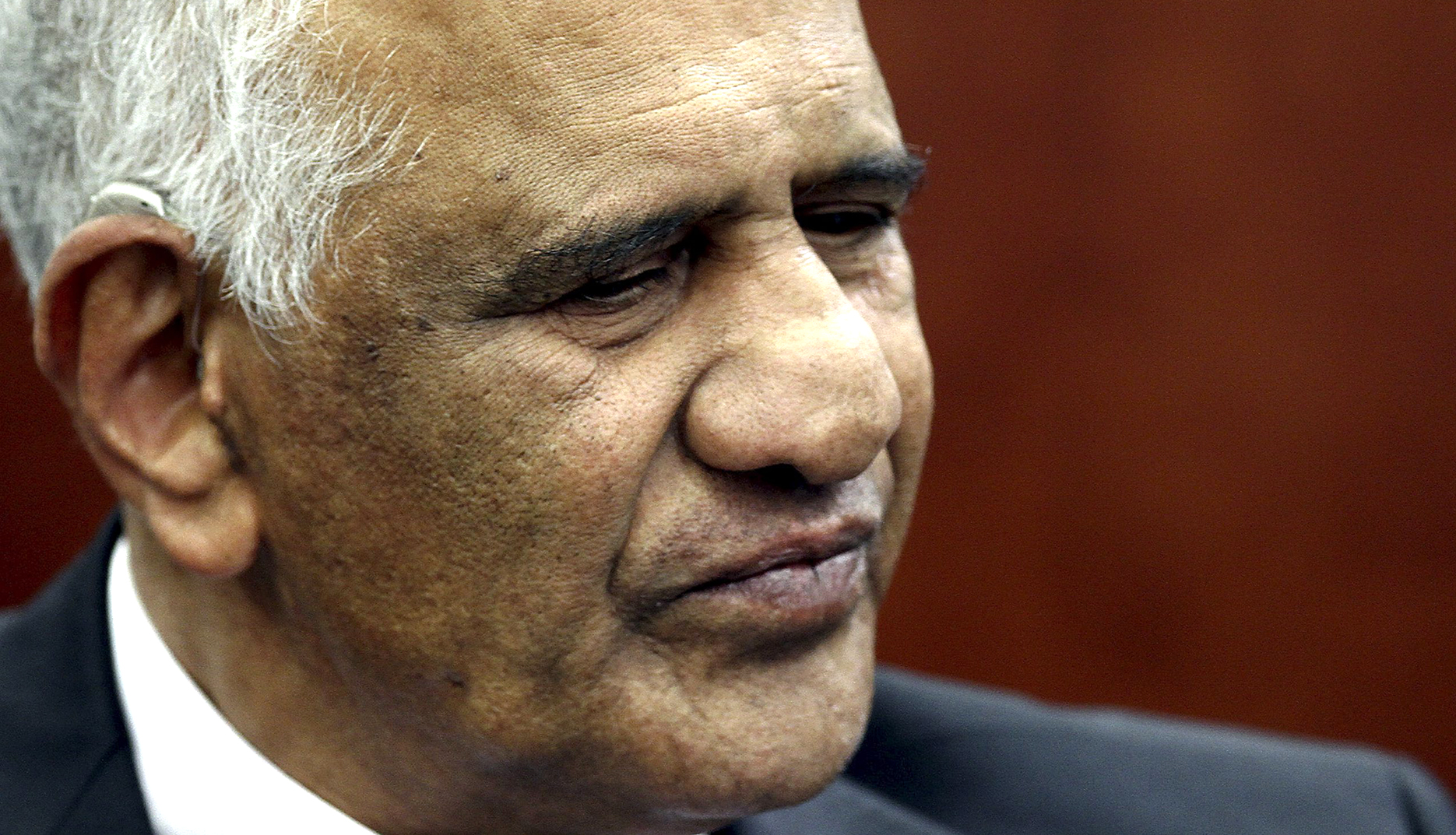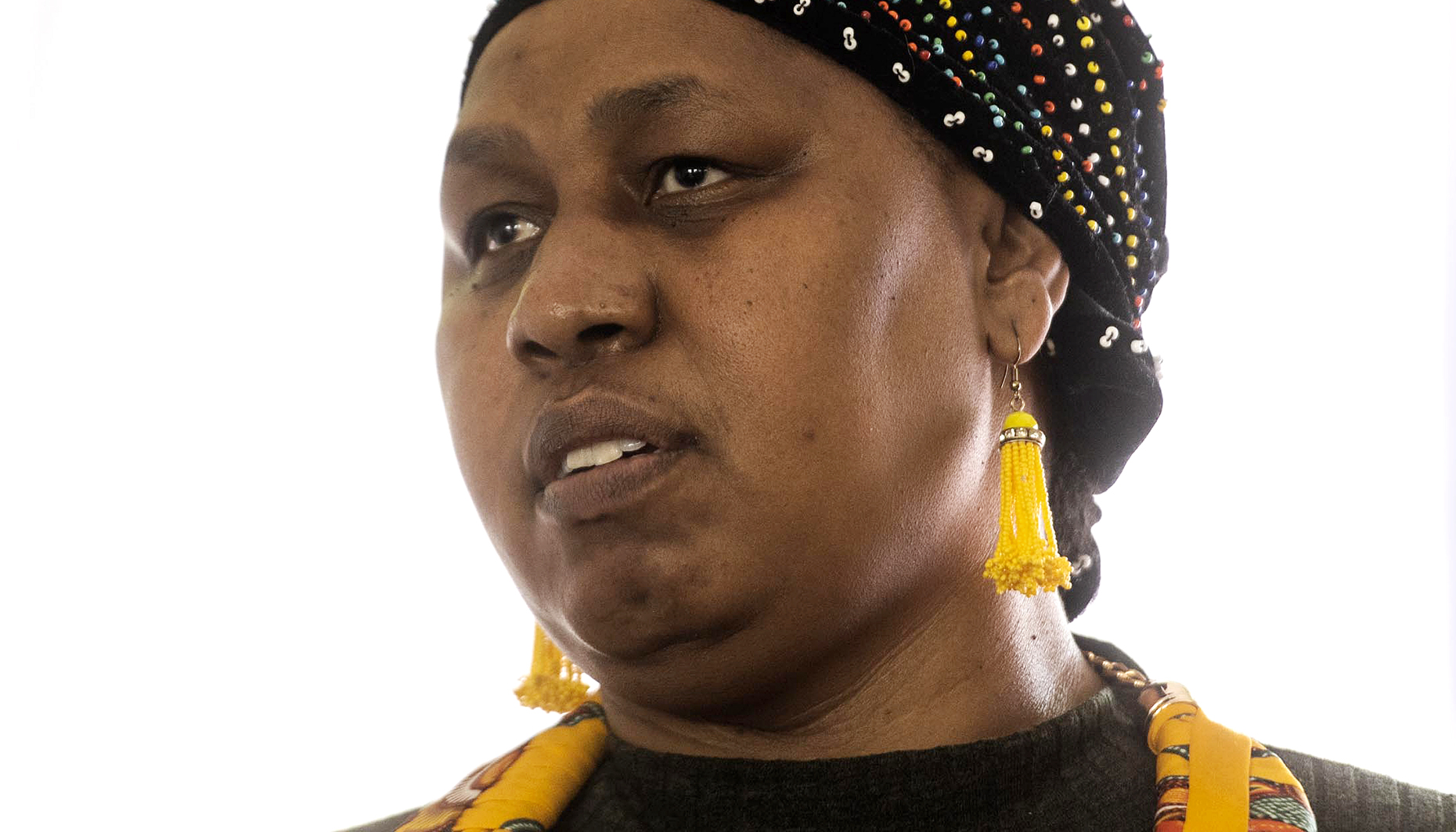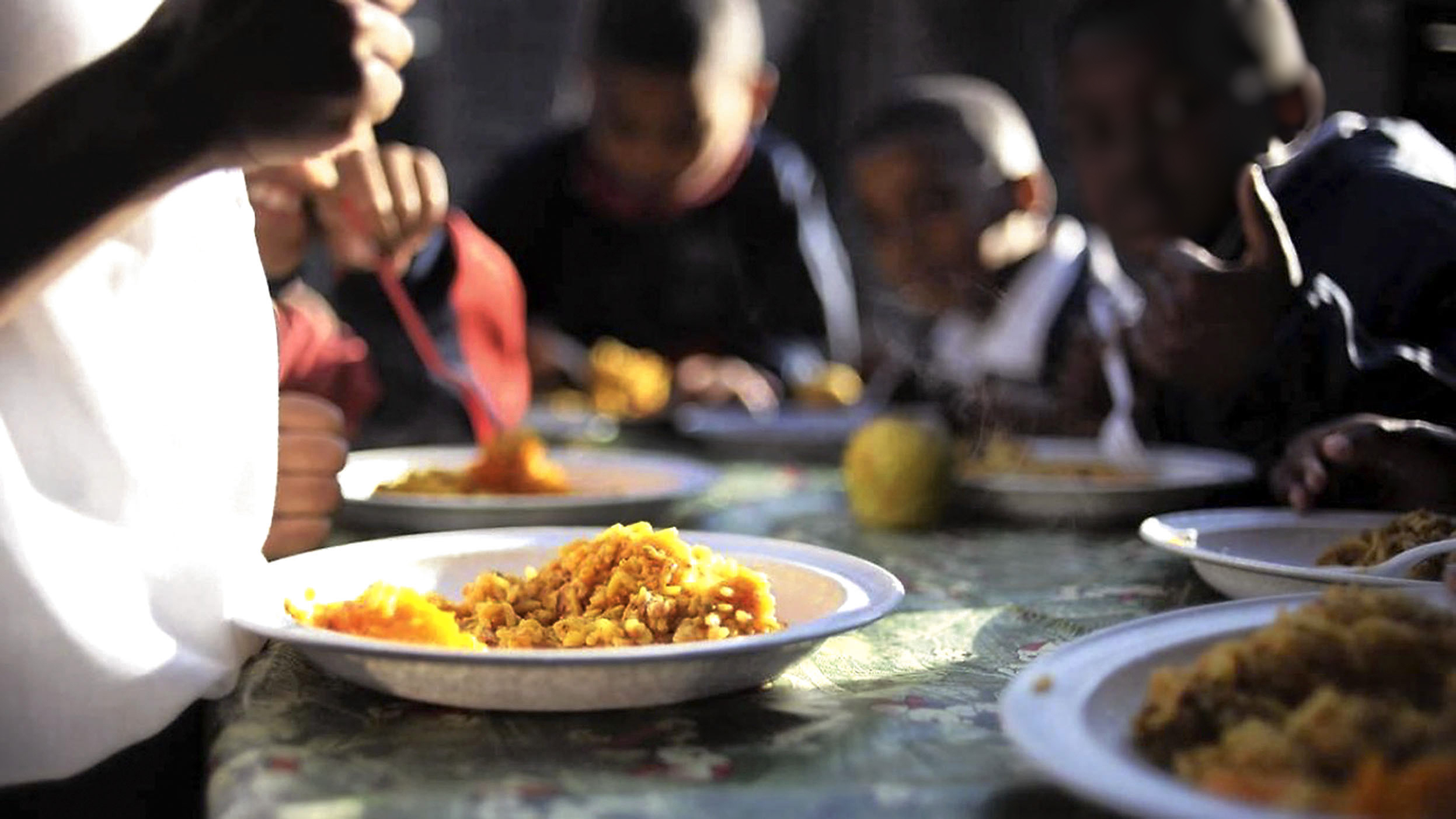Although few of you probably knew it, Saturday, 4 November was National Children’s Day, a day the government has declared “to highlight progress being made towards the realisation and promotion of rights of children”.
What most of you probably also don’t know is that a unique aspect of the South African Constitution is that within the Bill of Rights there are only two sets of socioeconomic rights that are not subject to “progressive realisation” within “available resources” – education and children’s rights.
Given the importance of section 28 it’s worth quoting it in full:
- Children
- Every child has the right a. to a name and a nationality from birth;
b. to family care or parental care, or to appropriate alternative care when removed from the family environment;
c. to basic nutrition, shelter, basic healthcare services and social services;
d. to be protected from maltreatment, neglect, abuse or degradation;
e. to be protected from exploitative labour practices;
f. not to be required or permitted to perform work or provide services that i. are inappropriate for a person of that child’s age; or
ii. place at risk the child's well-being, education, physical or mental health or spiritual, moral or social development;
g. not to be detained except as a measure of last resort, in which case, in addition to the rights a child enjoys under sections 12 and 35, the child may be detained only for the shortest appropriate period of time, and has the right to be
i. kept separately from detained persons over the age of 18 years; and
ii. treated in a manner, and kept in conditions, that take account of the child’s age;
h. to have a legal practitioner assigned to the child by the state, and at state expense, in civil proceedings affecting the child, if substantial injustice would otherwise result; and
i. not to be used directly in armed conflict, and to be protected in times of armed conflict.
2. A child’s best interests are of paramount importance in every matter concerning the child.
When I was head of SECTION27, former Constitutional Court judge Zak Yacoob never tired of explaining that “what the Constitution intends by this is that whatever party is the government, the state is always under an obligation to do ‘everything possible’ to achieve those rights, and, if it can’t, to explain why”.
Out of sight is out of mind
According to the 2022 census there are nearly 21 million children in South Africa. Although children don’t have the right to vote, there are few matters of public policy and governance that do not “concern” their lives.
However, two events that took place last week made it clear that “a child’s best interests” are not only not “of paramount importance” but for the most part they are completely absent from our countries’ thinking, planning and budgeting.
 Former Constitutional Court judge Zak Yacoob. (Photo: Gallo Images / The Times / Moeletsi Mabe)
Former Constitutional Court judge Zak Yacoob. (Photo: Gallo Images / The Times / Moeletsi Mabe)
In the Medium-Term Budget Policy Statement (MTBPS), delivered on 1 November, the words “child” or “children” did not feature once. Instead, what did feature were cuts in constitutionally mandated public expenditure that will worsen the already harsh lives of millions of children and deny them “basic nutrition, shelter, basic healthcare services and social services”.
Below are some examples:
- R58-million has been cut from the maintenance component of the early childhood development conditional grant;
- Consolidated spending on health will grow at only 3.1% over the medium term, well below the projected CPI of 4.9%;
- Despite the Department of Social Development publishing a report that shows eight million children are hungry (Read: Eight million hungry children: New report about the shocking impact of poverty on young South Africans), there is no plan to increase the Child Support Grant; and
- According to Lucy Jamieson at the Children’s Institute, “budget cuts will force the closure of even more NPOs. Provinces do not have the capacity to take over so the number and quality of services for children who have experienced abuse will erode even further.”
The list goes on and on…
Constitutional experts, notably Professor Sandy Liebenberg at the University of Stellenbosch, argue (read her paper, “Austerity in the midst of a pandemic: Pursuing accountability through the socioeconomic rights doctrine of non-retrogression”) that when considering cuts to public services the minimum the government should do is a human rights impact assessment of the cuts, in this case on children. However, as the Institute for Economic Justice points out, “much of the burden of coping with the additional pressure due to spending cuts falls on women”. Since women are the primary caregivers of most children, that means kids as well.
So, clearly, they did not.
Had they done so the budget would have looked different. But for the men in Treasury, out of sight is out of mind.
Read more in Daily Maverick: Treasury has again neglected SA's most economically vulnerable, say civil society organisations?
Read more individual civil society responses here, here and here.
Betraying Mandela
It was in this context that, a day later, the desperate state of the lives of our children was brought home to me in a national “Children’s Dialogue” hosted by the Nelson Mandela Children’s Fund in Johannesburg.
At this meeting it was not the cold, anonymous statistics that spilled out, but stories of the indignity and degradation to which millions of children are condemned. Hendrietta Bogopane-Zulu, the deputy minister of social development, spoke pleadingly about what she had observed of the lives of children, lamenting that “the family structure has collapsed”, “the village doesn’t exist anymore”, plunging children into a vortex of sexual and substance abuse from which they have little protection.
Ultimately it is the government’s responsibility to see children and to lead society to ensure their health, safety, dignity and development.
Bogopane-Zulu reported the youngest addict in a government DSD rehab centre is three years old, and complained about the easy access children have to alcohol, and the challenges of caring for children who have children. Other speakers talked about the “exponential explosion of child-on-child sexual abuse” that has occurred since the Covid-19 pandemic. As Khanysile Motsa, who runs the Berea-Hillbrow Home of Hope, a shelter for girls in Hillbrow, put it, “I’m not talking about something I read in a book. I’m on the ground. We don’t have resources.”
It’s easy to blame parents for these problems. But good parenting is becoming harder and harder for the poor – 11.9 million people are unemployed and a fifth of households lack access to adequate food – given the awful conditions in which millions of adults live.
 Deputy Minister of Social Development Hendrietta Bogopane-Zulu. (Photo: Gallo Images / Alet Pretorius)
Deputy Minister of Social Development Hendrietta Bogopane-Zulu. (Photo: Gallo Images / Alet Pretorius)
How long must we sing this song?
Realising children’s rights is not just the government’s responsibility. It’s a societal responsibility. But with the exception of a few thousand angels like Motsa we are all failing, particularly those with more power and wealth to mobilise than just their good will. The profit-plenty private food sector, for example, is still prevaricating on proposals to reduce prices on 10 essential foodstuffs which could improve the nutrition of up to 11 million children. Shame on them.
But ultimately it is the government’s responsibility to see children and to lead society to ensure their health, safety, dignity and development.
Children are the most vulnerable among us. I can only conclude that if we are not prepared to honour the Constitution when it comes to 20 million children, we should stop pretending constitutionalism and throw it out.
Read more in Daily Maverick: Let them eat more consultations: Economy, Constitution must work together to advance dignity and well-being
Alternatively, if an economic system proves itself incapable of serving its people and our supreme law, rather than throwing the people and the law out, the economic system should be discarded and replaced with something that can advance human well-being, most particularly the well-being of children. DM
For those interested in a more elaborate legal argument about the economy and the Constitution, read my article in the Constitutional Court Review: Economic Policy and the Socio-Economic Rights in the South African Constitution, 1996–2021: Why Don’t They Talk to Each Other?




 Deputy Minister of Social Development Ms Hendrietta Bogopane-Zulu. (Photo: Gallo Images / Alet Pretorius)
Deputy Minister of Social Development Ms Hendrietta Bogopane-Zulu. (Photo: Gallo Images / Alet Pretorius) 